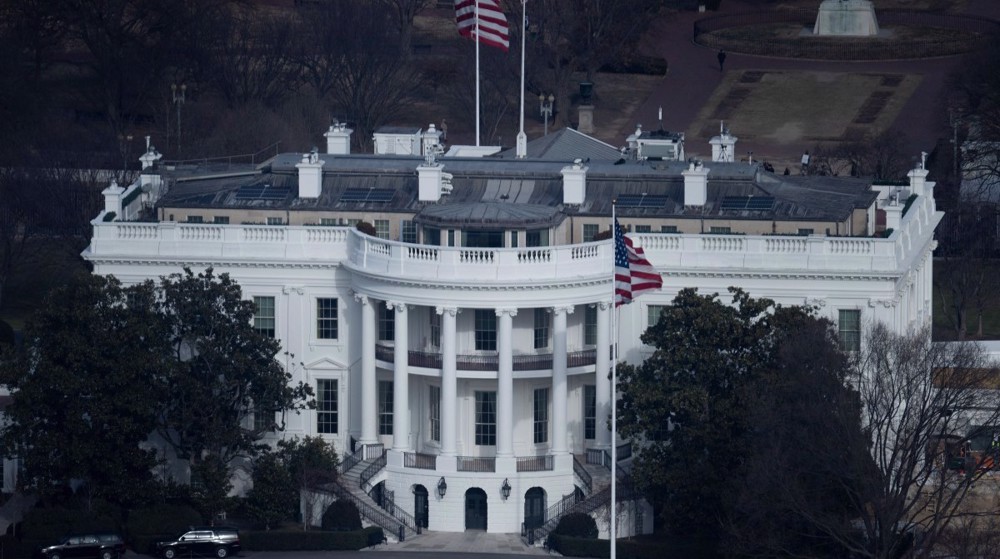US Congress announces open season on space resources
During the Age of Discovery – which roughly spanned from the 15th to 18th centuries – newly emerged European powers carried out extensive overseas exploration and discovered uncharted small and vast masses of land, shortly before these territories were claimed in the name of the monarchs who had funded the expeditions. All too often, this led to bloody wars between rivals, particularly over more lucrative trade routes, which ended up in colonization of the newly-found lands and nations. But who owns space and who can claim its ownership? Is it for everybody or for nobody? Does history of space exploration follow that of its terrestrial forerunner? Until the second half of the twentieth century and the arrival of the age of space exploration, when space cropped up in dialogues, ownership did not immediately spring to mind.
In 1967, a decade after Russians (then USSR) launched the first man-made object to orbit the Earth and just two years prior to the first Moon landing by Americans, the United Nations Office for Outer Space Affiairs entered the Outer Space Treaty into force, which stated: “Outer space, including the moon and other celestial bodies, is not subject to national appropriation by claim of sovereignty, by means of use or occupation, or by any other means.” Nearly 130 countries, including China, Russia, the UK and the US, have committed to this treaty.
It, therefore, meant that outer space is not the property of a specific country or so-called power and no one can claim all or parts of it.
On November 18, however, everything changed when the US Congress, in violation of the treaty, passed the Space Act of 2015 into law, which now awaits US President Barack Obama’s signature.
According to the legislation, US space companies have the rights to possess and sell natural resources they mine from celestial bodies, including asteroids. The other side of the coin, however, is that extracting extraterrestrial resources, one-sidedly could irrevocably alter the pristine conditions of space forever, and reminding us of the classic rendition of the “he who dares wins” philosophy of the Wild West.
Space is the province of all mankind and not the exclusive property of a certain country equipped with space technology. It needs to be supported and understood legally by laws agreed upon by all nations, which are powerful enough to thwart domestic laws of a certain country seeking systematic exploitation of mineral resources in space.
Space cannot be treated as the Earth was treated in the gone days of the Age of Discovery. The Ancient Romans had this all correctly in their legal maxim: “What concerns all must be decided upon by all.”
VIDEO | Press TV's news headlines
VIDEO | Trump’s 'Gaza Riviera' vs. tents: Deep divide over US' 12-point plan
VIDEO | Palestine Action is back!
Iran’s military alertness main ‘deterrent’ against enemy miscalculations: Top commander
Hezbollah confirms 8 fighters killed in Israeli strikes on eastern Lebanon
Settler attacks in West Bank have displaced 880 Palestinian families: UN
Lebanon’s president condemns Israeli strikes as 'blatant act of aggression'
VIDEO | Epstein and Trump: Scandal, power, and political fallout










 This makes it easy to access the Press TV website
This makes it easy to access the Press TV website